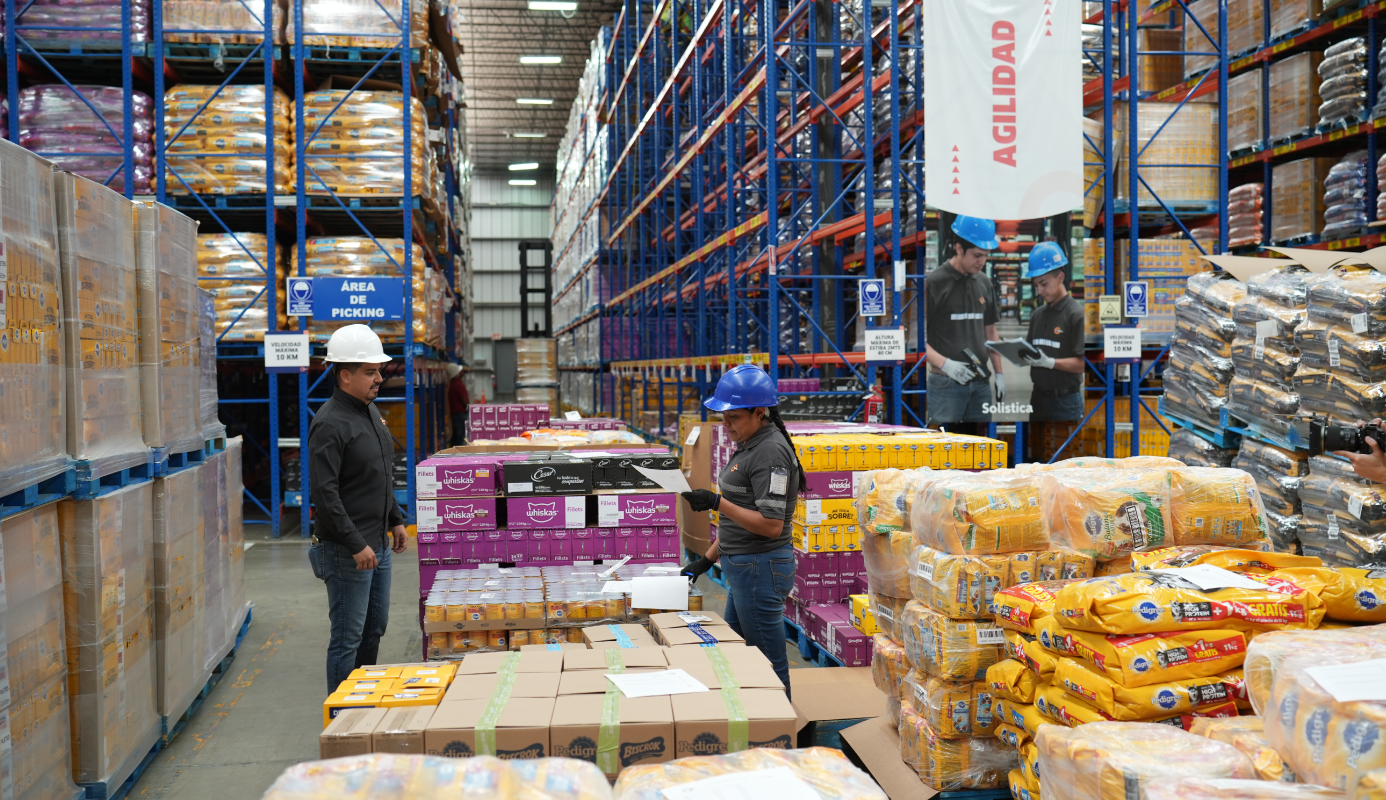Collaboration is as ancestral as society itself. It is the common thread of human evolution, so it should be no different when applied to trade and logistics: When we collaborate, we advance further.
For more than a decade, the concept of collaborative logistics has been used to refer to cooperation between two or more companies aiming to improve key aspects of the supply chain, such as costs and speed, and thus gain competitive advantages. This is especially important for companies where logistics is strategic.
This requires a minimum common understanding, and that the member companies, as a single unit, share the same Mission, Vision, and Values of the new organization, setting aside competition. This generates trustful relationships, information transparency and a lot of effective and strategic communication, which may require big data, systems integration, interconnection, and other traceability technologies in general.
Collaboration enhances what can be achieved and minimizes negative impacts, especially when facing a crisis or a major challenge. A clear and recent case is that of companies - competitors, by the way - in Latin America, joining forces to ship and receive products, following the international effects on logistics caused by the Russian-Ukrainian conflict, and generating transportation alternatives to avoid new blockages and, at the same time, mitigate the effects of rising oil prices and the lack of Russian gas.
Oil products, as well as foodstuffs (especially wheat) and fertilizers, imported from Russia by Latin American countries, saw increases ranging from 22 to 80%. Such is the impact of a geographically remote crisis, but close due to the globalization and interconnectedness on which international trade is based today.
The advantages of collaboration
In logistics, when companies work in cooperation as a unit, they are able to build a distinguished value chain and achieve competitive advantages that they would not be able to obtain individually, while contributing to the development of more sustainable and resilient networks.
The optimization of logistics in individual companies is limited and usually not enough to compete successfully in today's market dynamics, but by working together, in general, they can optimize and leverage operations, save time and money, and provide better service to their customers.
It is worth mentioning that many supply chain processes involve other companies, including manufacturers, distributors, carriers, etc., thus logically, collaboration between these participants enables great optimization solutions, and of course, benefits for all.
On the other hand, joining in a crisis also helps to reduce consumer uncertainty by better managing risks and ensuring supply.
By sharing them, capacities are multiplied, which is clear, for example, in transportation. More routes are possible and more savings, which can help to balance out price overruns that could not be foreseen as in the case of a crisis. And not only that, they can also make joint purchases to obtain better costs.
Finally, it also enables joint planning, which often results in better and more detailed plans, that is, an integrated supply chain and value network planning, with an end-to-end vision, benefiting all participants.
In conclusion, collaborative logistics is becoming a must-have for companies that wish to maintain a global level of competitiveness and the end consumer as the focus of efforts. What is left then for trade unions and business associations is to further promote this joint work model for the benefit of all.







